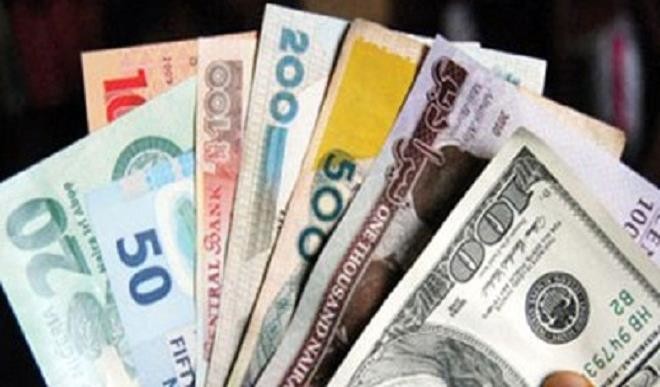Non-payment of judgment debt a matter of governance, culture’
A former President of the Business Recovery and Insolvency Practitioners Association of Nigeria (BRIPAN), Dr. Biodun Layonu (SAN), has said the issue of non-payment of judgment debt especially by government is a matter of governance and culture. Layonu said this at the backdrop of the announcement by the Attorney General of the Federation and Minister […]


A former President of the Business Recovery and Insolvency Practitioners Association of Nigeria (BRIPAN), Dr. Biodun Layonu (SAN), has said the issue of non-payment of judgment debt especially by government is a matter of governance and culture.
Layonu said this at the backdrop of the announcement by the Attorney General of the Federation and Minister of Justice, Abubakar Malami (SAN), that an approval has been obtained from the Presidency for the re-establishment of the Judgment Debt Verification Committee.
Malami said the committee will assist in reducing the quantum of existing and accruing judgment debts associated with prolonged non-payment of judgment debts against the Federal Government and its MDAs. He said as at 2016, the judgment debt of the Ministry of Justice stood at N113 billion.
Reacting on this, Layonu said the issue of judgment debt especially by the government is a serious one with serious implications on the economy.
“When people get judgment and it cannot be enforced or government does not pay, it is bad for the system. Once a matter has gone through the court hierarchy and it has been finally decided by the Supreme Court, it should be a matter of duty and law that it must be enforced.
“Ultimately, we need government power to enforce judgment even when the judgment is against the government,” he said
He said “once we have a culture of believing and accepting that even government is under the rule of law, the same governmental powers you evoke to enforce a judgment against ordinary citizens must be the same to be enforced against the government.
“When a committee is set up like this, we should look at it from the positive angle because it means something is being done. Although, ordinarily one can say this (creating of this committee) is necessary because the records are there. It is a court judgment and all they have to do is to verify that they are not fake.
“However, this committee’s creation shows an indication that government has realised the challenge involved in the enforcement of judgment and wants to resolve it. It should be encouraged. We hope it will ultimately lead to the result of which it was created,” he said.
